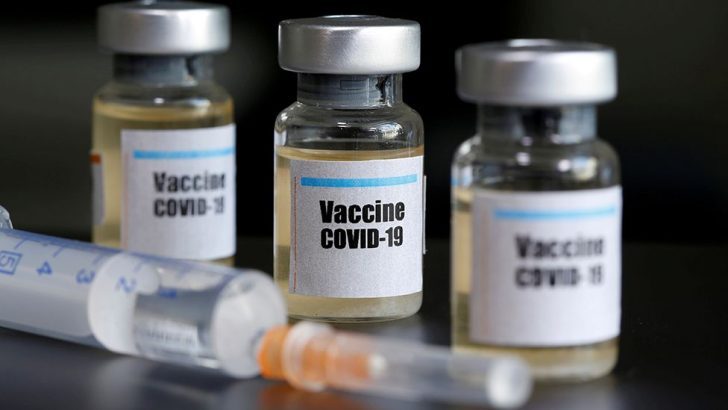What happens when we take a three-day gap from producing a newsletter? A new Covid-19 strain known as Omicron emerges, putting the entire world on high alert because of its propensity to spread swiftly, circumvent protection provided by current vaccines, and raise the danger of reinfection. Never, ever again.
So, what exactly is Omicron, and why has the World Health Organization designated it as a “variant of concern”? This variety, which is also known as B11529, is comparable to a particularly potent Covid X-Man. It is estimated that Omicron has more than 30 alterations in the crucial spike protein, which is used by the virus to attach onto human cells. It is not yet known whether this strain is more dangerous than previously discovered strains in terms of sickness severity.
Researchers in South Africa were the first to discover Omicron, when they were researching a spike in cases in the country’s most populous region at the time. However, during the weekend, cases of Omicron were discovered in a number of European countries, as well as Israel, Australia, and other locations. Dr. Fauci stated that he would not be shocked if Omicron has already begun to spread in the United States.
Several countries are reimposing travel restrictions in order to slow the spread of the virus.
All foreign nationals were barred from entering Israel, according to Israeli law. Travel from southern African countries is also being restricted in the United States, Japan, Germany, Canada, and many other countries. In justifying the United States’ travel limitations, Vice President Joe Biden said, “I’ve determined that we’re going to be careful,” referring to the country’s sluggish response to preventing the spread of another Covid-19 variant, the Delta strain of the virus.
South Africa, on the other hand, is furious, claiming that it is being penalised economically for its ability to discover new variations. Travel sector organisations have also spoken out against the reintroduction of the restrictions.
Will the present vaccinations be effective against Omicron bacterium?
We’ll find out as soon as possible. BioNTech is presently evaluating the effectiveness of the vaccine it produced with Pfizer in combating the new strain.. Moderna is doing the same thing, and the results could be available in two weeks or sooner.
In an interview with the BBC, Moderna’s Chief Medical Officer Paul Burton stated that if a new vaccination to neutralise Omicron is required, his business might have one ready by early 2022.
A new vaccine from both Pfizer and BioNTech might be available within 100 days, according to the companies.
Overall, scientists are urging patience as they continue to gather more data to better understand Omicron and how it may alter the course of this epidemic.

